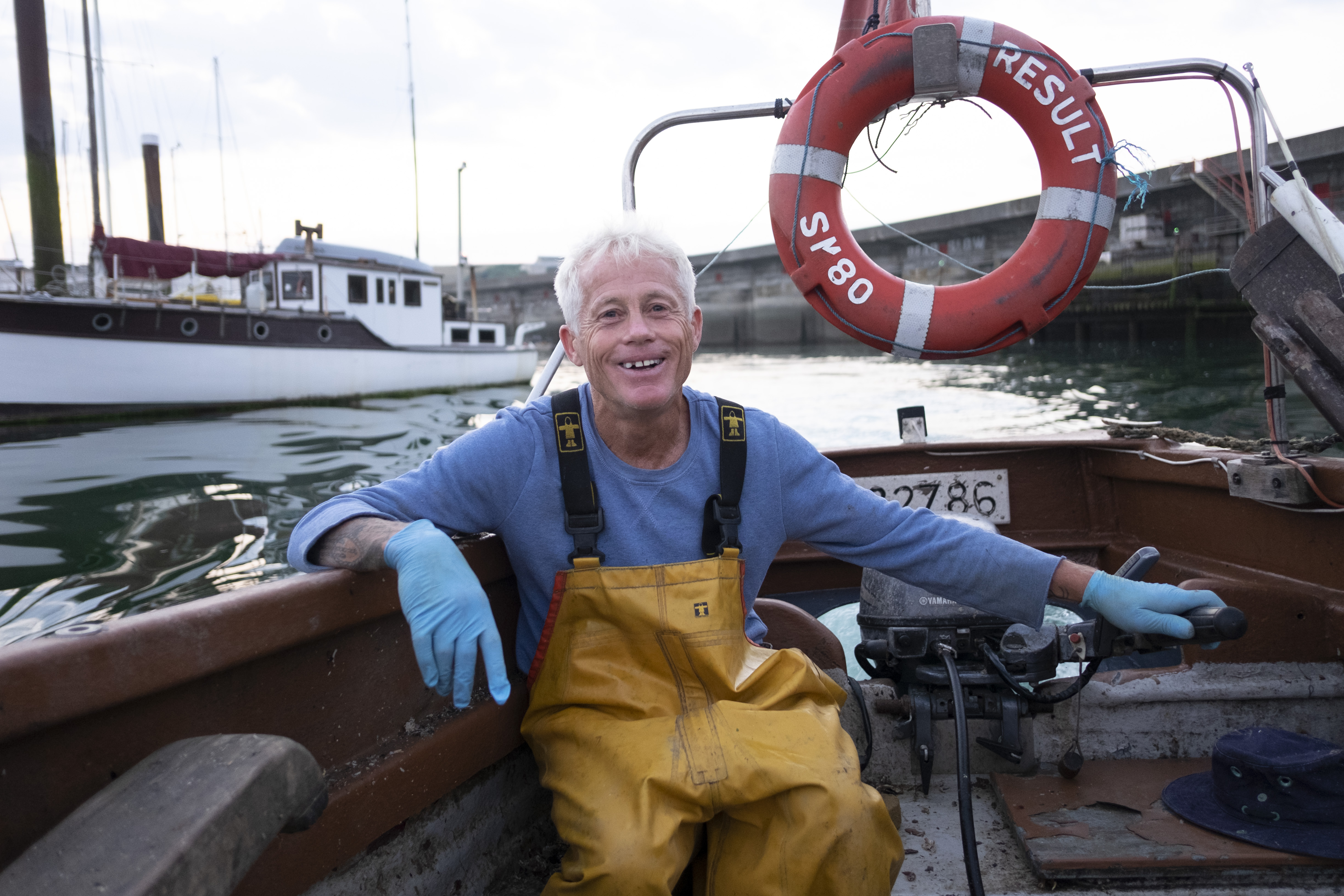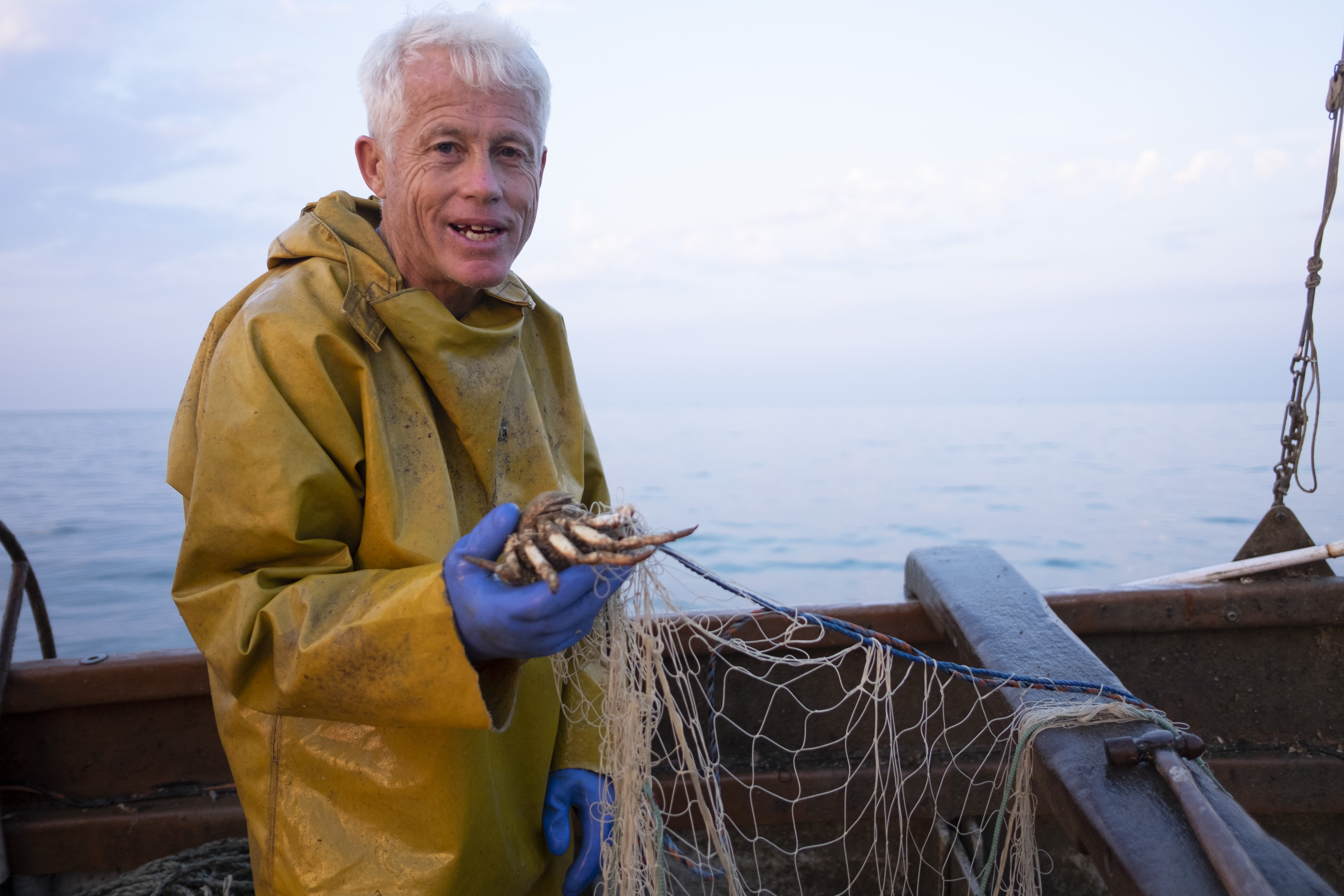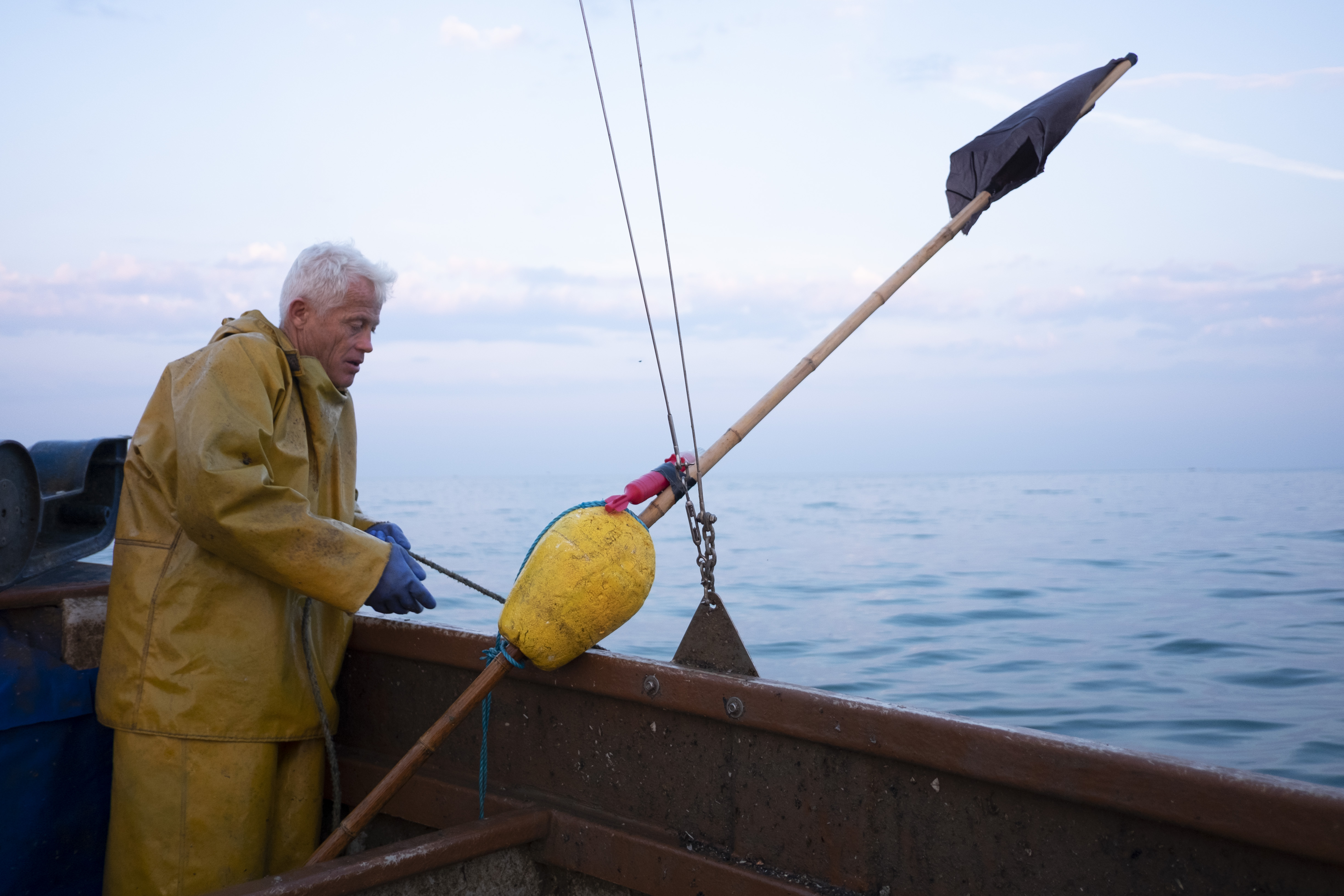By Charmaine Jacob
Brighton Marina has always been a famous destination for both tourists and locals alike. The picturesque scenery of docked yachts and the streamline of restaurants serving different types of cuisines makes it a favourable hang out spot no matter the weather or day. However, many people who live in Brighton might not have seen the other side of the Marina.
If you ever get the chance to walk along the East Jetty, you will notice a different set of boats being lined up on one side. The Brighton Marina is not just home to yacht owners, but also to local fishermen.
Once a crew volunteer on various vessels, Nigel Sayers is a commercial fisherman who has been in the industry for 18 years. “I’ve always enjoyed the sea and being on the sea. I like working on my own because I can work as hard or as little as I want to.
“Being a fisherman is different from being a crew member on bigger cargo boats when I was in the merchant navy. I like fish and I like eating fish, so I have a rather good deal going on for me.”
Having been a fisherman for a good number of years, Nigel has forged many close friendships with the people who share the same passion as him for fishing. Well-known by the other fishermen for his radiant smile and charismatic personality, he says with confidence that his buddies in the Marina always look out for one another.
“We get on pretty well and help each other out in cases of emergency. If there is an engine breakdown or anything like that, you can always call someone up and they will sail out to sea just to help you out.”
 Even though strong bonds have been made between Nigel and his peers, the competition between them is still apparent and can be occasionally seen.
Even though strong bonds have been made between Nigel and his peers, the competition between them is still apparent and can be occasionally seen.
“There can been a bit of rivalry sometimes. Your neighbours will sometimes have a better catch than you, and they would not be very keen on telling you where he is going. They can be quite bolshy about it, and it can ruin my mood especially after a long day.”
When asked about how independent fishing has changed since he first embarked on his career as a fisherman, Nigel expresses his concerns on this trade that does not seem to be a popular choice amongst the younger generation. “My children have no interest in fishing. They understand why I do it, but they do not want to have anything to do with it. Fishing is one of the most dangerous jobs in the world and it can be an extremely difficult one too. It takes you out of your comfort zone, and it can be really time consuming.”
The lack of support from coming generations is not the only reason why Nigel feels the livelihood of independent small-scale fishermen is getting affected, he also believes that it is due to commercial large-scale fishing companies. “About 20 years ago, my ex-wife and I set up a fish shop in Kemptown that lasted for about five years. It was quite successful for the first couple of years, but it is difficult to work with perishables. If the fish are not sold by the first day or two, it would have to be thrown away and we end up losing money. Nowadays, many restaurants buy frozen fish from commercial fishing companies because they can be kept longer.”
Additionally, not only does commercial fishing decrease the profit of small-scale local fishermen, but it also decreases the sustainability of the ocean life. “The nets I use are called gill nets and they are the most environmentally friendly form of nets to use for fishing.
They last for a good number of years and I always try to fix them instead of throwing them out. Many fishing companies throw their nets into the ocean and this destroys the sea bed. When I catch
something that is undersized and has a good chance of living, I throw it back into the ocean. Many companies do not do that, and they just keep whatever they catch. The fish end up dying and they do not end up selling them because of its small size, so it is better to throw it back and let them swim off.”
Ocean pollution is also a big problem that is constantly being talked about today. According to One Green Planet, there will be more plastic than fish in the ocean by 2050. Being a member of the Marine Conservation Society in Brighton, Nigel makes financial donations and is involved in beach cleaning. He even expresses his concerns on how his fellow fishermen tend to pollute the ocean by
using plastic components in their fishing gear. “Many fishermen use plastic bin liners as flags attached to poles to mark out where their nets are. When these bin liners go into the sea, fish eat it and they cannot digest it because it is plastic. It is your own industry and your own livelihood, why are you destroying it?” However, Nigel triumphs at the fact that environmental organisations are drawing a bit more attention to this problem, and steps have been taken to reduce the rates of ocean pollution in the vicinity.
At 58 years old, Nigel has definitely made a name for himself in Brighton’s fishing industry. From watching dolphins swim by early in the morning, to reading a book and having a cup of tea while watching the sunset, the life experiences that Nigel has gained as a fisherman is described by him as something that you would never be able to learn in a classroom or an office. “However exhausted, hungry or thirsty you are, you have to carry on because when you are out at sea, you have no back door. It is just you and the sea.”

